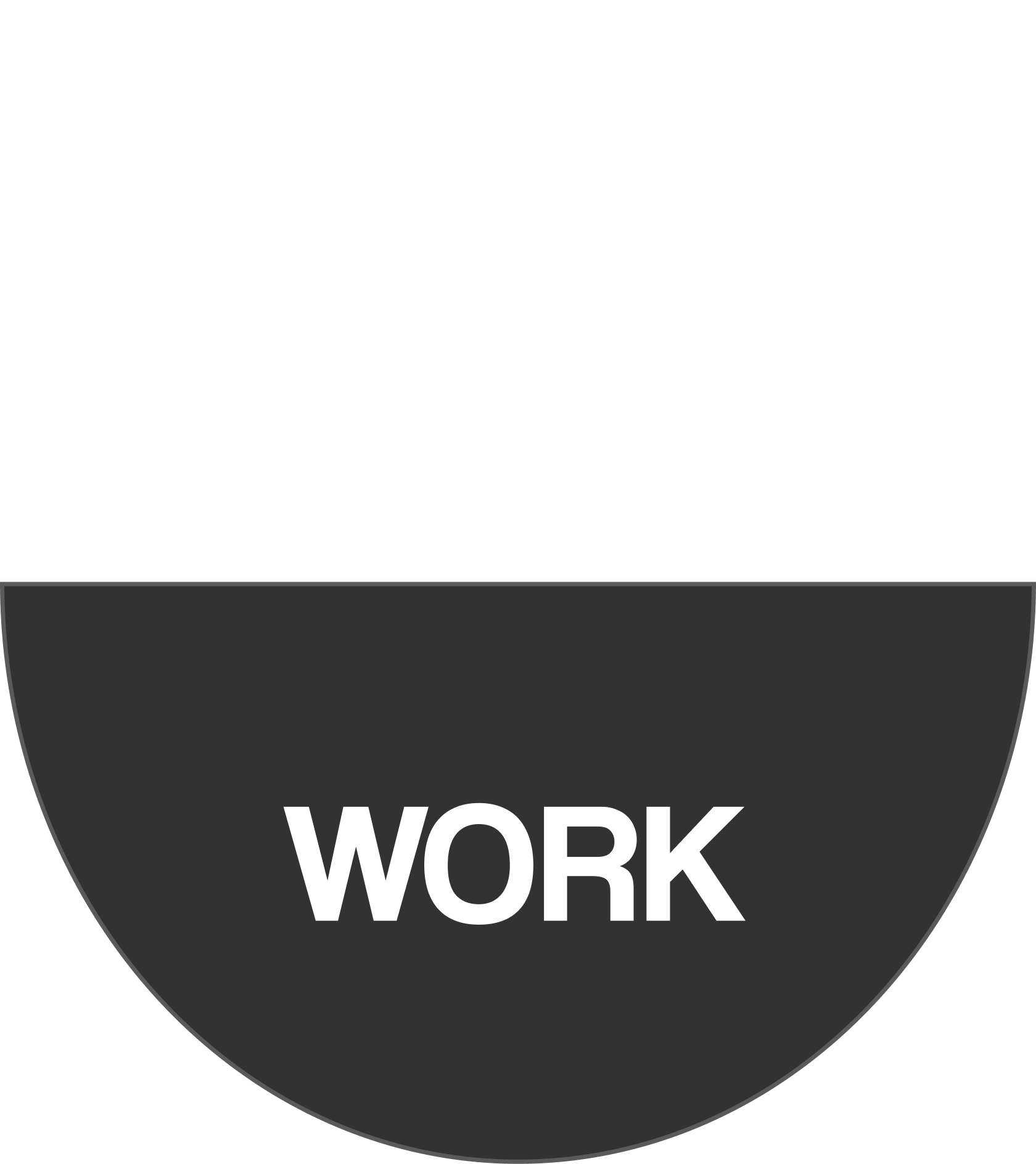


Searching for balance...


An approach to organizing your time and life energy to stay productive at work and still manage to live
An approach to organizing your time and life energy to stay productive at work and still manage to live











35-45%
Work takes up almost half of an active life












than life itself
Work lasts longer
73-75
If we take statistics from around the world, we live on average





short on time...
You are really


to live like that
Everyone used
Nowadays, the standard workweek is 40 hours, with remote work and the four-day workweek becoming increasingly common
In 1926, Henry Ford was the first to officially introduce the 8-hour workday — an innovation that became the prototype for the modern work shift
In the 19th century, children were subjected to labor equal to that of adults, including night shifts
Until the late 18th century, working hours were not regulated by law and could last 14 to 16 hours a day
The average worker used to work 12 hours a day, 185 days a year, mostly in the fields and early factories
The 21th century
The 20th century
The 19th century
The 18th century
The 17th century







Constant access to social media and the internet
The line between work and personal time gets blurred when people check work messages even while on vacation
Ок


A strong fear of losing a job
If I don’t work "enough" or "meet" the employer’s expectations fears and thoughts of getting fired appear
Ок


A person feels guilty for not achieving new goals at work and thinks they’re stuck while everyone else is moving forward
High expectations of yourself
Ок


Ок
The Straight-A Syndrome
A state in which a person strives for perfect results in everything and is afraid of making mistakes


A person takes on too many responsibilities out of fear of being judged for refusal
Lack of the skill to say "no"
Ок


To many people, this format seems to be ideal, but it often turns into an endless workday
Causes
of imbalance
The popularization of remote work
























disrupts the balance
Remote work

Remote work
Remote work not only offers opportunities but can also take them away if not managed properly, leading to imbalance and gradually destroying a worker’s life day by day
Many people feel the need to "prove" that they are working, which leads to stress
The expectation of high productivity

Many continue to respond to messages and work beyond working hours
The house becomes not only a place of rest, but also an office
There’s no division of space
It’s hard to "unplug" from work
Overtime at night

Working at night throws off your biological clock and disrupts your daily routine




shows the truth
the balance wheel
The area with the lowest score is the main source of dissatisfaction in your life


This method will help you quickly analyze how satisfied you are with each area of your life
Rate each area of your life in the Wheel of Balance from 1 to 10


spirituality
hobby
finance
career
self-development
health
family
friends







if you are out of balance
what can happen

Lack of work-life balance leads to mood depression and even depression. Over time, it turns into a loss of interest in work and life
the onset of depression
Fatigue and lack of time for personal life make people irritable, and they feel that life is passing by

low life satisfaction
Emotional, mental and physical exhaustion caused by chronic stress at work makes a person less productive and causes apathy

burnout syndrome

stress
Due to the constant tension, the organism is in survival mode. This can cause increased heartbeat, high blood pressure and headaches


03
Don’t work on weekends
Give up the idea of "everything at once"
04

Create a detailed schedule
02

a balance in life
how to achieve
Drag the puzzle pieces and put together all the tips for overcoming imbalance in work and life
Four important practical
advice that will help you start to separate the personal and working spheres of life
advice that will help you start to separate the personal and working spheres of life

Learn to say no
01











you are going the right way!
Treat yourself with care and learn to distinguish between the two most important areas of life
Ок
yana ryabinina

